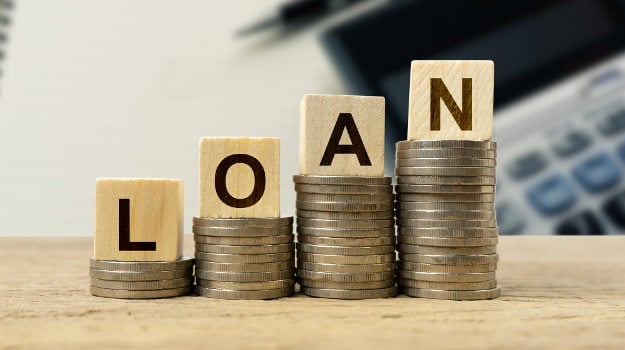
- First-home buyers account for 70% of BetterBond's applications for the year to date and the percentage of approvals for these buyers is up to almost 50%.
- Data also reflects a 20% drop in the deposit amount required by first-home buyers.
- Much of the sales activity taking place is at the lower end of the market, as low interest rates eliminate the affordability obstacle for many buyers.
First-home buyers account for 70% of BetterBond's applications for the year to date and the percentage of approvals for these buyers is up to almost 50%, according to Carl Coetzee, CEO of BetterBond.
Furthermore, 62% of the bonds granted in July were at 100% loan-to-value, which means that the bond granted covered the full purchase price. Data also reflects a 20% drop in the deposit amount required by first-home buyers.
BetterBond's volume of bond applications was up about 50% year-on-year in July. Coetzee sees this as a direct result of the current favourable lending environment.
"There has been a significant shift in buyer confidence, at a time when there is widespread economic uncertainty," says Coetzee.
He says much of the sales activity taking place is at the lower end of the market, as the record-low interest rates eliminate the affordability obstacle for many buyers.
The SA Reserve Bank cut the repo rate by 25-basis points to 3.5% and the prime lending rate to 7% in July. The repo rate is the benchmark interest rate at which the SARB lends money to other banks. So far this year, the SARB has already lowered interest rates by 300 basis points.
"We have seen an increase in the number of formal grants for homes between R500 000 and R1 million, with this category accounting for almost 45% of BetterBond's formal grants for July," says Coetzee.
The average house price for first-home buyers is around R900 000. An added incentive for buyers at this price point is that there is no transfer duty payable for homes of up to R1 million.
Proving its mettle
Gareth Bailey, Pam Golding Properties area principal for Durban Coastal, says residential property has proven its mettle during the pandemic.
"Whether now is the right time for you to buy a property depends on whether you have a positive earnings outlook and whether you intend to stay in, or keep your property for at least the next five years. If this is the case, now may be the perfect time to buy, especially given the extremely low interest rate environment," suggests Bailey.
"The prime interest rate has dropped 2.75% from 9.75% to 7% since the beginning of this year, making it the cheapest time to finance property in about 50 years. A R1.2 million property will now cost about R2 000 less per month in monthly instalments dropping from around R11 300 to R9 300. Another way of looking at this is that you can now buy a property that is roughly 20% more expensive for the same monthly instalment."
Bailey says the two most important numbers that banks consider when assessing your bond application are your ID number and your credit score. These provide the bank with a lot of information to assess your creditworthiness.
For example, what is the nature of the credit that you have used before and how have you conducted yourself financially? Have you lived on overdrafts and credits cards? Have you honoured credit repayment terms?
Bailey says although banks do grant 100% bonds, the best approach to obtaining finance is to save some money first towards a deposit.
"My advice to first time buyers is to resist buying the most expensive property you can afford. This will not only mean that you can cover your repayments comfortably but will also position you to potentially find a tenant for your first property and to buy another one, taking your first step toward building a property portfolio," says Bailey.